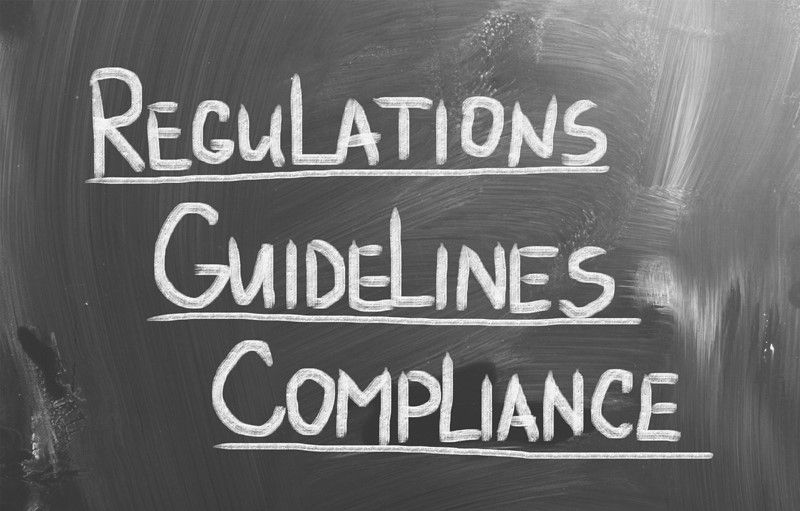Big cuts to electricity network costs for heavy industries
The UK Government has unveiled a landmark plan to reduce electricity network charges for the country’s most energy intensive industries, such as steel, ceramics, glass and chemicals, slashing costs by up to 90% from 2026.
What is changing?
The current 60% rebate under the Network Charging Compensation (NCC) scheme will rise to 90%, delivering savings of approximately £7 per megawatt hour for around 500 qualifying firms. Annual savings are projected at up to £420 million once fully in effect, bringing energy costs more closely into line with European competitors.
Context and strategy
This initiative forms part of the Government’s broader Modern Industrial Strategy and British Industry Supercharger package, introduced to strengthen competitiveness and support domestic manufacturing. A four week public consultation has been launched on the uplift and related reforms, including a proposal to double the NCC application window from one to two months.
Why this matters
By reducing energy overheads, the plan aims to boost investment, protect jobs, and help UK heavy industry stay globally competitive. Government estimates indicate that UK manufacturing has now recovered to pre pandemic levels, supported by approximately 12,000 new jobs in the year to March 2024.
Complementary measures
The announcement follows recent confirmation of the British Industrial Competitiveness Scheme, due to launch in 2027. This scheme will cut broader electricity bills by up to 25% for over 7,000 manufacturers, primarily by exempting them from green levies. A new Connections Accelerator Service will also streamline grid connections by the end of 2025, while upcoming legislation will grant powers to reserve grid capacity for strategic infrastructure.
Industry response
Business groups, including representatives from the steel sector, have welcomed the changes as a timely and necessary move to secure a competitive future for UK manufacturing.




